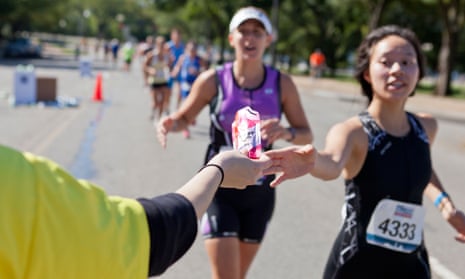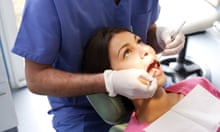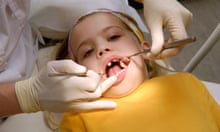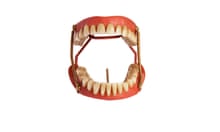British Olympic and professional athletes could be damaging their teeth by regular using sports drinks, energy bars and gels, according to a study.
Researchers from University College London surveyed 352 female and male athletes across 11 sports, including cycling, swimming, rugby, football, rowing, hockey, sailing and athletics. The study concluded that elite athletes had poor oral health despite efforts to care for their teeth.
The findings, published in the British Dental Journal, showed 94% of athletes brushed their teeth twice a day, compared with 75% of the general public, while 44% flossed regularly, compared with 21% of the public.
The study builds on previous research by the UCL Eastman Dental Institute that measured tooth decay, gum health and acid erosion in elite athletes. It found that 49% of athletes had untreated tooth decay, and 32% reported their oral health had a negative impact on training and performance. The latest study attempted to explore why.
Researchers found that 87% of athletes regularly drank sports drinks, 59% ate energy bars and 70% used energy gels, all of which are known to damage teeth.
Previous findings have suggested elite athletes may have a higher risk of oral disease because of having a dry mouth during intensive training.
Dr Julie Gallagher, from the institute, said: “We found that a majority of the athletes in our survey already have good oral health-related habits in as much as they brush their teeth twice a day, visit the dentist regularly, don’t smoke and have a healthy general diet.
“However, they use sports drinks, energy gels and bars frequently during training and competition; the sugar in these products increases the risk of tooth decay and the acidity of them increases the risk of erosion. This could be contributing to the high levels of tooth decay and acid erosion we saw during the dental check-ups.”
Gallagher said the athletes interviewed for the study were willing to consider behaviour changes, such as additional fluoride use from mouthwash, more frequent dental visits and reducing their intake of sports drinks, to improve oral health.
Researchers went on to work with the elite athletes and their support team members to design an oral health intervention study.








